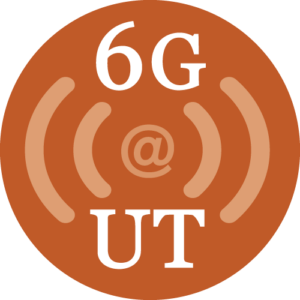The New Yorker featured an article on GPS: its importance in our lives and its vulnerability to spoofing attacks. Research related to GPS spoofing at the UT Radionavigation Lab was the center of attention in this write-up by Greg Milner.
“The U.S. Department of Homeland Security classifies sixteen infrastructure sectors—including dams, agriculture, health care, emergency services, and information technology—as critical, and therefore particularly vulnerable to sabotage. All but three require G.P.S. for essential functions.” … “An expert in software-defined radio—the modification of radio signals with a computer, as opposed to mixers, amplifiers, and other hardware—Humphreys used a general-purpose processor to build what he calls a “formidable lying machine,” a box that “listens” to the G.P.S. signal, gradually builds a bogus signal that aligns perfectly with the real, and then slowly overtakes it.”
Read the full story on The New Yorker website.



